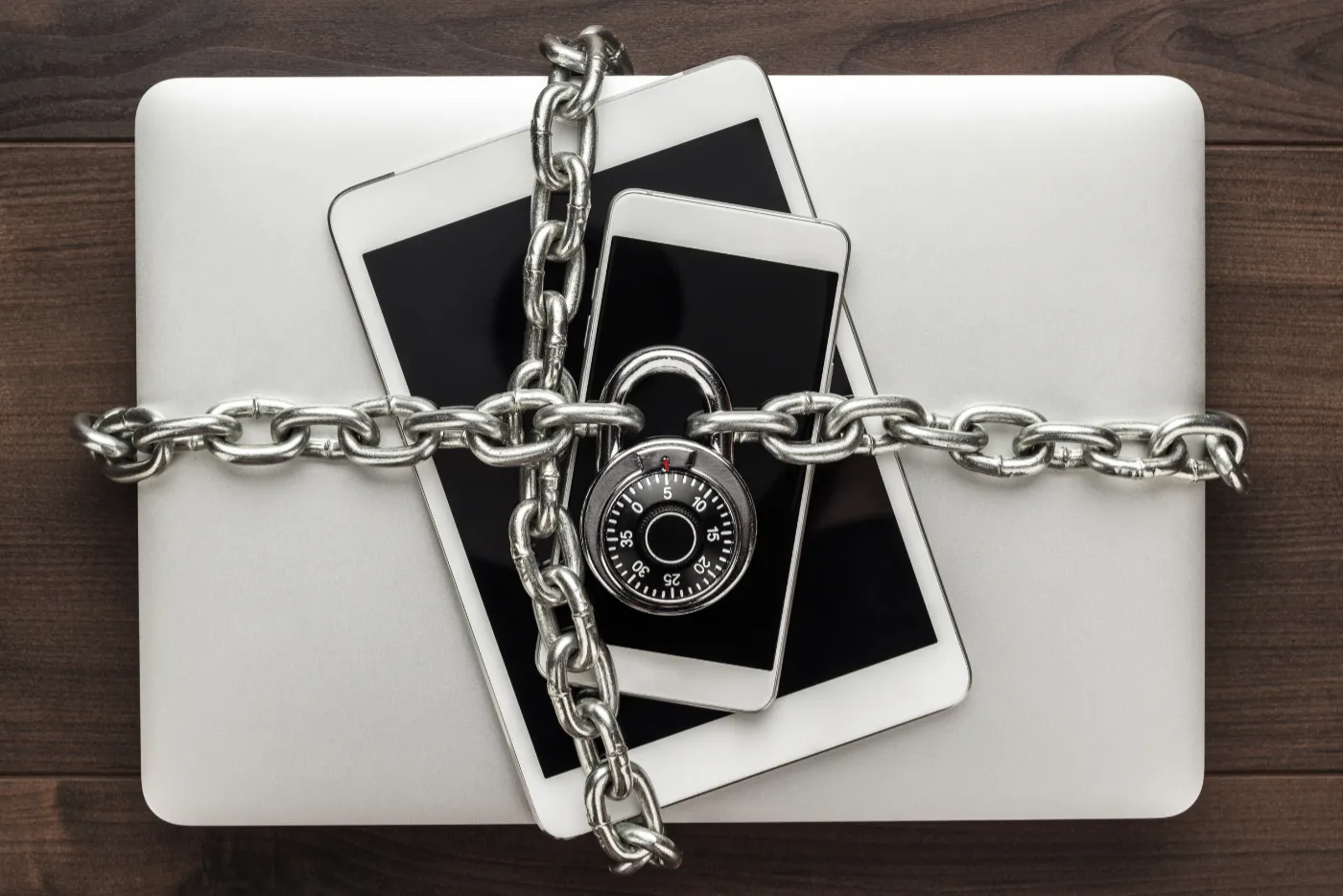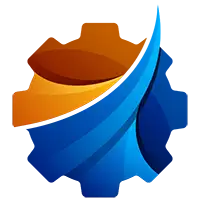Choosing advanced hosting

Regular software updates
SSL certificate and secure connection
Secure access management

Professionals know that managing access to the administration panel is crucial. Limit the number of people who have permission to manage the site, use two-factor authentication (2FA) and avoid simple passwords. Secure access management is the basis for protection against unauthorized attacks. It is also worth considering the implementation of an identity and access management system (IAM), which allows for precise control of employee access to various resources. Thanks to such solutions, you can grant and revoke authorizations depending on the roles and responsibilities of employees, which minimizes the risk of internal threats. Additionally, conducting access audits and monitoring user activity is another step in ensuring security. These activities allow you to track any irregularities or unauthorized access attempts, which allows you to respond quickly and protect your data and system against potential threats.
Regular monitoring and response to incidents
Professional website monitoring is essential. Use advanced tools that will allow you to check performance and security on an ongoing basis. If you detect any irregularities, react immediately. Sometimes minutes can be the difference between avoiding serious incidents. Additionally, it is worth investing in monitoring systems using artificial intelligence (AI) or machine learning (ML), which can analyze large amounts of data in real time and identify even subtle anomalies. This allows you to anticipate potential threats before they become a serious problem. Guidelines and emergency procedures should also be systematically checked and updated in the event of irregularities being detected to minimize the impact of any incidents on business operations. Finally, working with external monitoring service providers can be a valuable support because they not only help you identify potential threats, but also offer various tools to track your website's performance and availability.
Penetration testing
If you want to be sure that your website is truly secure, hire a professional for penetration testing. Security experts will conduct simulated attacks, identify vulnerabilities and help you secure them. It's an investment in a good night's sleep. Additionally, penetration testing allows not only to identify current threats, but also to predict potential future risks, which allows for more long-term security planning. Additionally, regular security audits are often required by industry laws and regulations, making them not only beneficial but essential for professional companies. Therefore, it is worth treating penetration testing as a permanent process that constantly improves the security level of your website.
Summary
Professional website security is a key issue for business users and entrepreneurs. By choosing advanced hosting, ensuring updates, using an SSL certificate, secure access management and website monitoring, you will minimize the risk of attacks and data loss. Remember that investing in website security is investing in the success of your business. In a professional environment, there is no room for compromise when it comes to online security.

